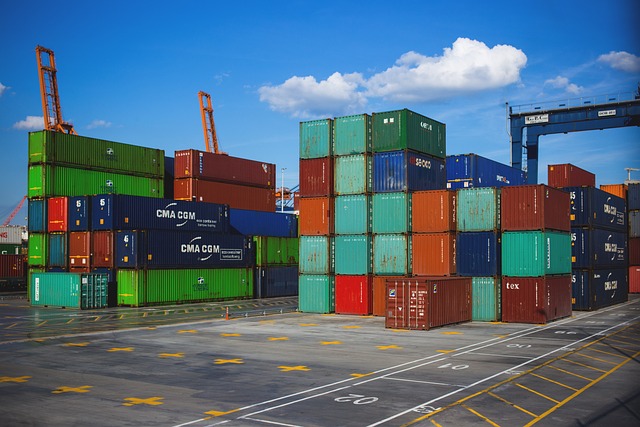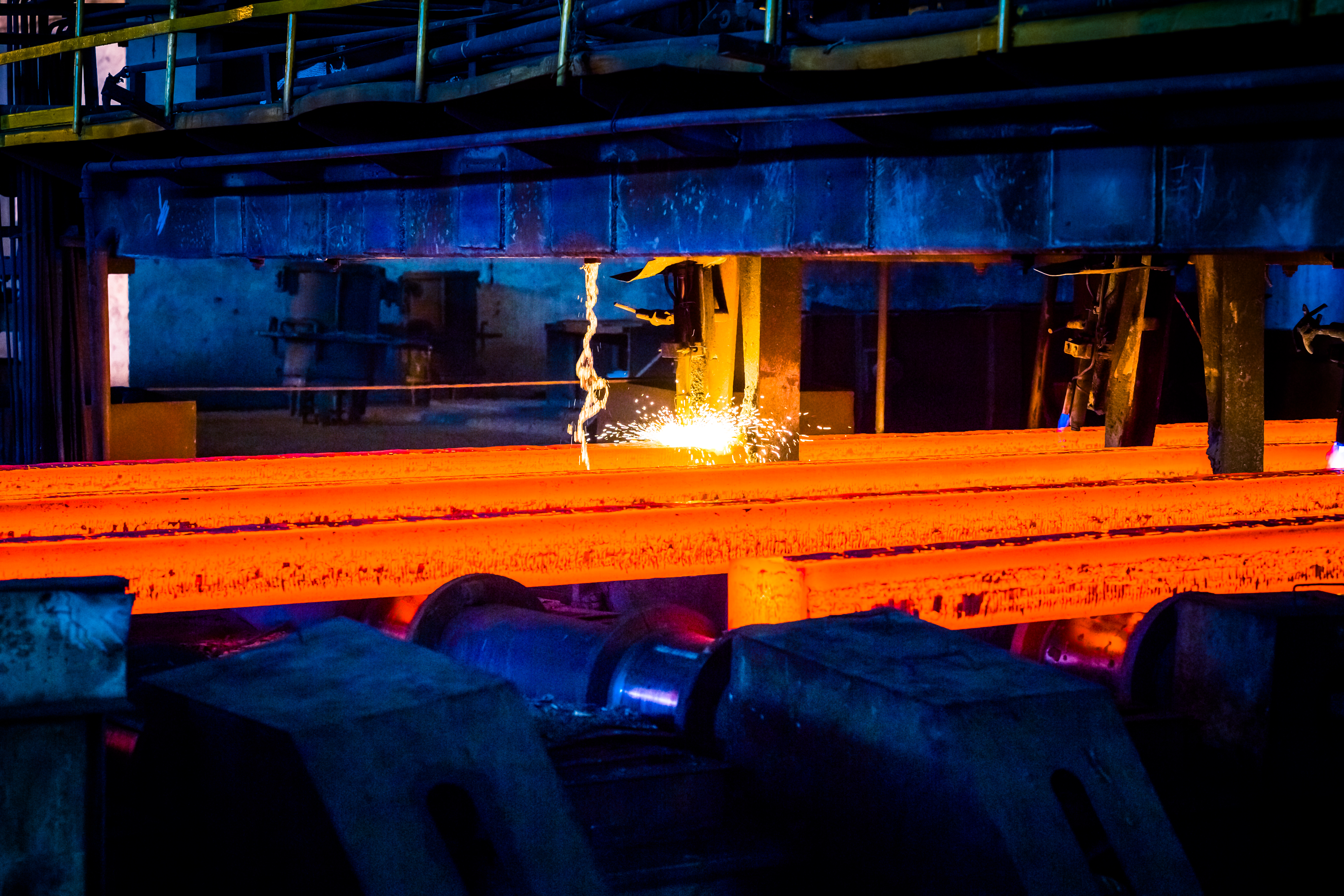Points to Consider When Hiring Concrete Resurfacing Contractors

Strong 8k brings an ultra-HD IPTV experience to your living room and your pocket.
Concrete resurfacing is a practical way to restore old, worn, or damaged concrete surfaces without the need for full replacement. Whether it is a driveway, patio, walkway, or commercial flooring, resurfacing gives the surface a renewed look and improves functionality. However, the quality of the finished result depends heavily on the contractor handling the job.
Hiring the right concrete resurfacing contractors is crucial. It not only ensures the job is done correctly but can also save time, money, and unnecessary hassle. Below are key points to consider when hiring a contractor for concrete resurfacing.
1. Experience and Specialization
Concrete resurfacing requires a specific set of skills, distinct from common concrete pouring or finishing. Ask how long the contractor has been in business and whether they specialize in resurfacing projects. A contractor with several years of hands-on experience in resurfacing will likely have a stronger understanding of surface preparation, product selection, application techniques, and curing requirements.
It’s also helpful to ask about past projects similar to yours. The concrete resurfacing contractors who have worked on residential patios may not have the same approach needed for a commercial warehouse floor.
2. Portfolio of Previous Work
A reliable contractor should be able to show examples of past work. Portfolios may include before-and-after photos, project summaries, and even customer feedback. Reviewing their previous projects can give you a sense of their workmanship and whether their style matches your expectations.
If possible, ask to visit a completed site or speak to a previous client. Firsthand references can offer insights that go beyond what's shown in a photo gallery.
3. Licensing and Insurance
Always verify that the contractor holds the proper licensing to operate in your area. Requirements vary by region, but licensing is often a sign that the contractor meets local standards for skill and accountability.
Just as important is insurance coverage. The contractor should have general liability insurance and workers’ compensation. This protects both you and the workers in case of property damage or injury during the project.
4. Materials and Techniques Used
Not all resurfacing products are the same. Some are better suited for heavy traffic areas, while others work well in decorative settings. Ask which resurfacing products the contractor uses and why they recommend them for your project.
Equally important is understanding the resurfacing technique. Will they be applying a simple overlay, stamping a pattern, or incorporating coloring agents? The method used should be appropriate for the condition of your existing concrete and your intended use of the space.
5. Surface Preparation Approach
The success of any concrete resurfacing project depends largely on how well the surface is prepared. A reputable contractor should explain the steps involved in the preparation, which typically include cleaning, repairing cracks, grinding, or etching the surface to ensure proper adhesion.
Skipping or rushing through surface prep can lead to peeling, delamination, or failure of the resurfacing layer within a short period of time. Be sure your contractor treats this phase as a priority.
6. Project Timeline and Scheduling
Before the project begins, ask for a realistic timeline. While some delays can be caused by weather or other factors, the contractor should provide a clear schedule and stick to it as closely as possible.
Also, ask whether they will be working on other jobs simultaneously. A contractor juggling multiple projects may not be as attentive or consistent with progress.
7. Warranty and Follow-Up Support
A contractor who stands by their work will usually offer a written warranty on labor and materials. Ask about the duration and scope of the warranty. Will they return to fix any issues that arise shortly after the project is completed?
Some concrete resurfacing contractors also offer a follow-up inspection or guidance on how to maintain the resurfaced surface, which can help ensure longevity.
8. Communication and Professionalism
Lastly, pay attention to how the contractor communicates from the start. Are they responsive to calls or emails? Do they arrive on time for meetings or inspections? A professional and respectful approach can make the entire process smoother.
Concrete resurfacing contractors who take the time to answer your questions and explain each step are more likely to deliver a quality job and address concerns quickly.
Conclusion
Hiring the right concrete resurfacing contractors is not a decision to make lightly. From verifying licenses and insurance to assessing workmanship and communication, every detail matters. Taking time to evaluate these factors can help ensure your resurfacing project is completed successfully and lasts for years to come. A well-chosen contractor brings technical skill and also provides the longevity of the floor.
Note: IndiBlogHub features both user-submitted and editorial content. We do not verify third-party contributions. Read our Disclaimer and Privacy Policyfor details.







